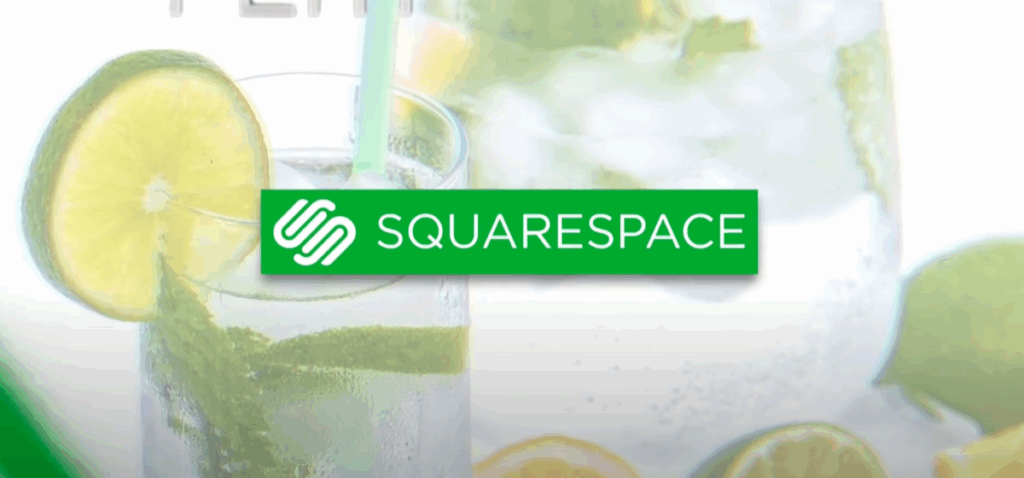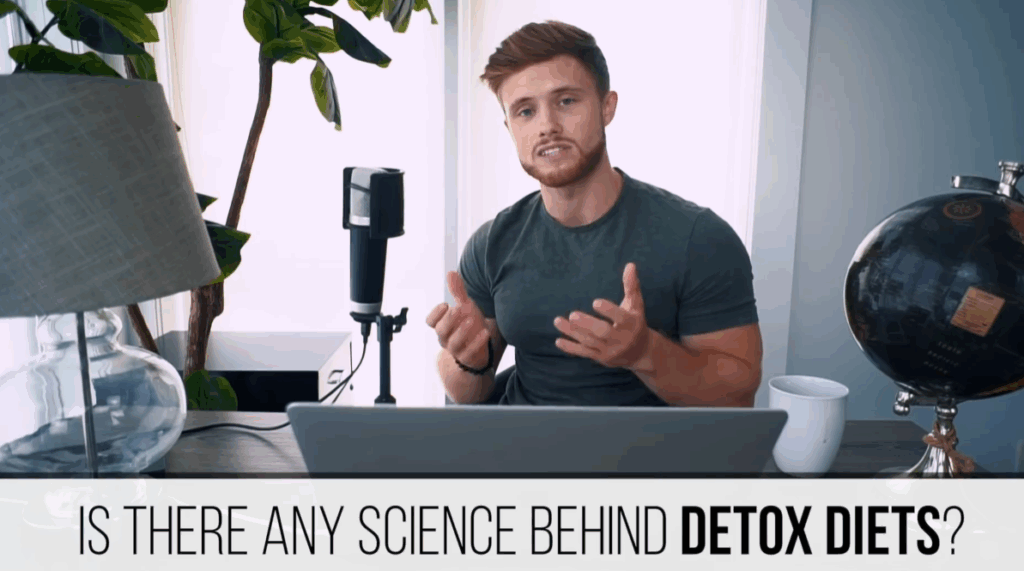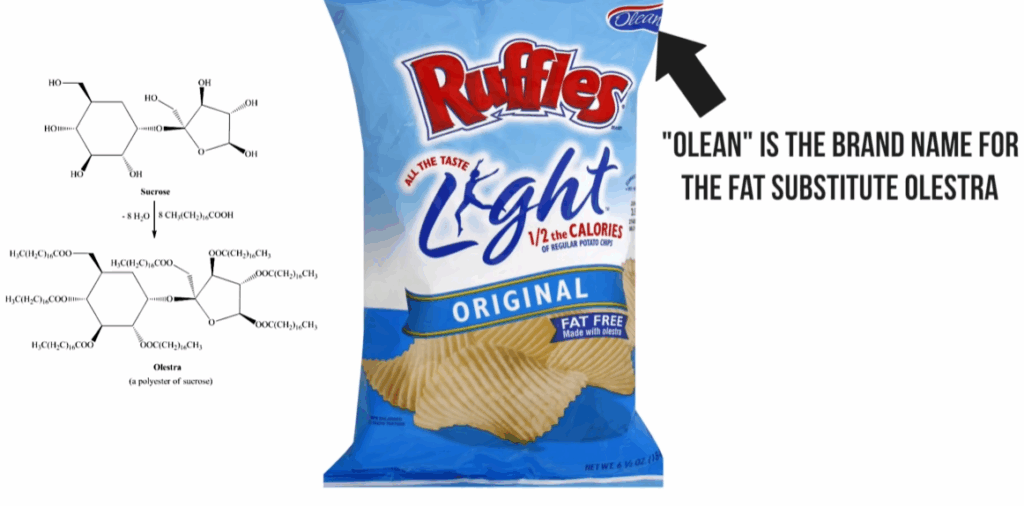Walk through any supplement store, scroll through social media, or flip through wellness magazines, and you’ll see a familiar promise: flush toxins, boost fat loss, and reset your body—all with a “detox diet.” From lemon juice cleanses to herbal teas and juice fasts, these regimens are sold as quick fixes for everything from sluggish energy to stubborn belly fat.
But do detox diets actually do what they claim? Or are they just another overhyped health trend lacking real scientific support? As a seasoned fitness coach and nutrition consultant, I’ve worked with thousands of clients—many of whom have tried these programs and come away disillusioned or worse, harmed.
Let’s break it all down.

What Is a Detox Diet, Really?
Detox diets come in many forms. Some recommend nothing but green juices and cayenne-spiked lemon water for several days. Others advise large amounts of water and raw vegetables, while a few throw in expensive supplements marketed as “liver cleansers” or “toxin binders.”
The premise is the same: that your body builds up harmful toxins from processed food, pollution, or medications, and needs help eliminating them through extreme dietary restriction.
It’s an appealing idea—but scientifically, it’s on shaky ground.
Your Body Already Has a Detox System
Here’s the truth: if you have a functioning liver, kidneys, skin, and gastrointestinal system, your body is constantly detoxifying itself. That’s literally part of its job.
Your liver breaks down harmful substances so they can be excreted. Your kidneys filter waste from the bloodstream. Even your lungs and GI tract help remove unwanted compounds.
This system works 24/7—whether you’re eating fast food or sipping celery juice. It doesn’t need a reboot. And no restrictive cleanse will make it work better.
The Problem with Detox Diet Claims
Let’s talk specifics. Most detox programs never clearly identify which toxins they’re targeting. You’ll hear vague references to “chemicals,” “impurities,” or “toxins,” but no evidence of what those substances are, how they’re measured, or whether the diet removes them.
From a scientific standpoint, this is a red flag.
If detox marketers truly wanted to help people eliminate specific toxins, they’d need to:
- Name the toxin.
- Show that it accumulates to harmful levels in the body.
- Prove that their diet can remove it better than the body’s own systems.
So far, no commercial detox plan has passed that test.

The Dangers of Extreme Detoxing
Not only are these diets ineffective, they can be dangerous. Case in point: a published medical case in the British Medical Journal described a woman who suffered seizures due to hyponatremia (a dangerously low sodium level) after consuming excessive water on a “detox” plan. She reportedly drank nearly 5 liters a day without adequate electrolyte intake.
Another issue: severe caloric restriction. Juice cleanses and fasting-based detoxes often supply fewer than 800 calories per day—nowhere near enough for most adults. This can result in fatigue, muscle breakdown, irritability, and even nutrient deficiencies.
For fitness enthusiasts, the risk is even greater. Detoxing while training hard is a fast track to burnout and muscle loss.
What About Detoxing for Weight Loss?
Yes, you may lose weight on a detox diet—but it’s not fat loss. Most people drop water weight and glycogen when they restrict carbs or calories severely. The moment you resume eating normally, the weight tends to return.
More importantly, these diets aren’t sustainable. They lack essential protein, fats, and micronutrients necessary for long-term health, performance, and recovery.
If weight loss is your goal, a balanced approach with a moderate calorie deficit and resistance training is far more effective—and far less likely to backfire.
Are There Real Toxins to Be Concerned About?
To be fair, not all toxins are imaginary. Persistent organic pollutants (POPs), heavy metals like mercury and lead, and certain synthetic chemicals do exist in the environment—and can accumulate in the human body, especially in fat tissue.
But here’s the key: in most developed countries, these substances are tightly regulated. Agencies like the EPA, FDA, and equivalents in the EU and Australia closely monitor and limit exposure to known harmful compounds.
The average healthy person is unlikely to harbor dangerous levels of these substances. And when toxin levels are a concern—such as in cases of lead poisoning—treatment requires medical intervention, not juice cleanses.
Can Food Help Support Detoxification?
Interestingly, some foods may assist your body’s natural detox systems. Nutrients that support liver enzymes, antioxidant activity, or bind to toxins in the gut can play a role.
Some examples with preliminary (mostly animal-based) research include:
- Citrus pectin – May bind heavy metals and assist excretion.
- Cruciferous vegetables – Contain compounds like sulforaphane that support liver detox enzymes.
- Fiber-rich foods – Help eliminate waste through regular bowel movements.
- Green tea and berries – Rich in antioxidants that may reduce oxidative stress caused by toxins.
That said, no single food or ingredient has been proven to “detox” the body in the way commercial plans advertise. These nutrients are best viewed as part of an overall healthy diet—not miracle cures.

Detox Diets vs. Sustainable Nutrition
At the end of the day, detox diets are a marketing ploy—one that plays on fear, misunderstanding, and the desire for quick results. They may offer short-term weight loss and a placebo sense of “cleanliness,” but the science doesn’t support their use for removing toxins or promoting lasting health.
Instead, I recommend clients follow a long-term, evidence-based nutrition plan:
- Aim for a moderate calorie deficit if fat loss is the goal.
- Prioritize whole foods—lean protein, fruits, vegetables, whole grains, and healthy fats.
- Stay hydrated, but don’t overdo water intake.
- Support liver and kidney health through regular exercise, adequate sleep, and stress management.
- Avoid unnecessary supplements or gimmicks.
Final Verdict: Myth Busted
The idea that detox diets remove toxins or accelerate fat loss has been debunked by science again and again. Not only are these diets unnecessary for healthy individuals, but they can also cause harm—especially when practiced repeatedly or paired with excessive training.
If you truly want to “reset” your body, start by nourishing it properly, moving consistently, and staying skeptical of anything that sounds too good to be true.
Your body already knows how to detox. Respect it by fueling it wisely.


